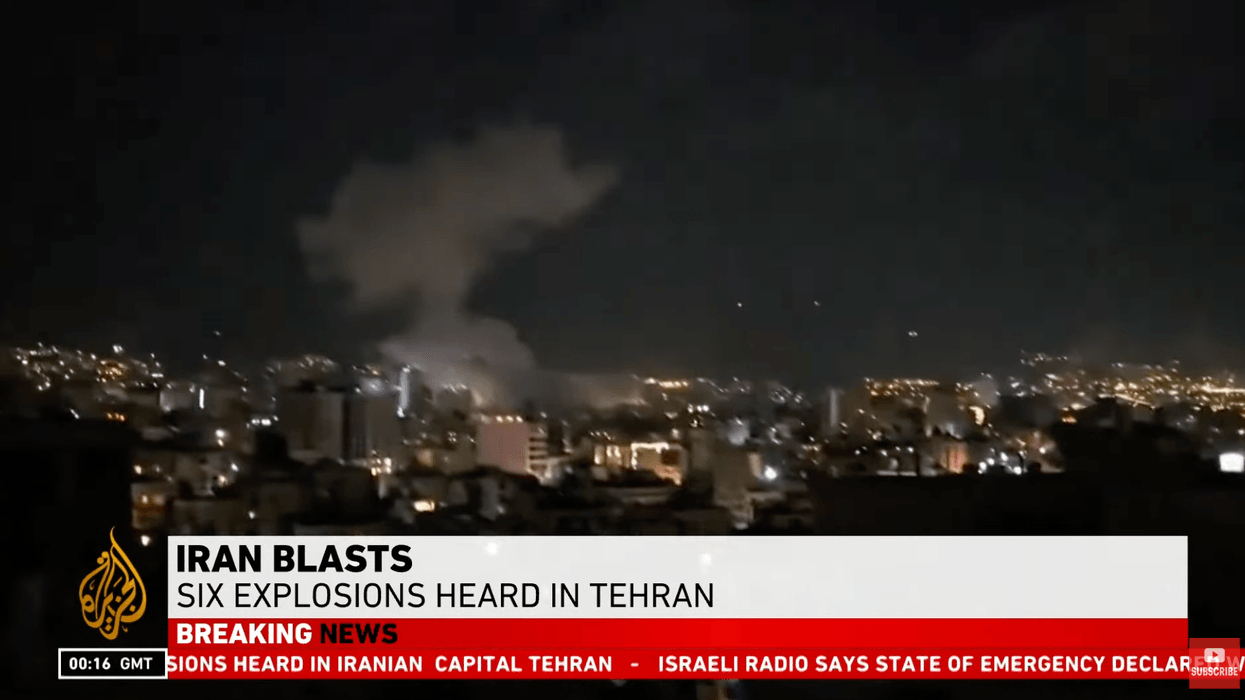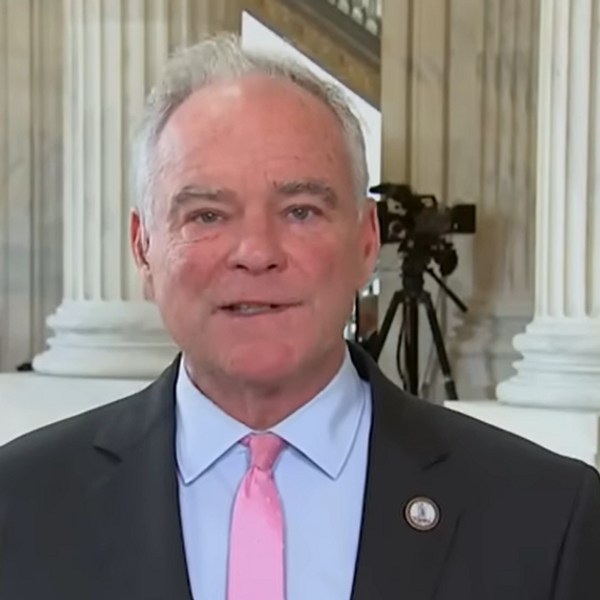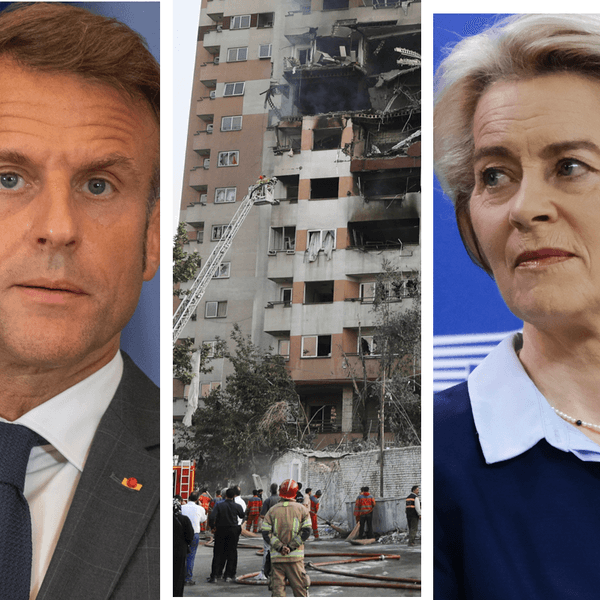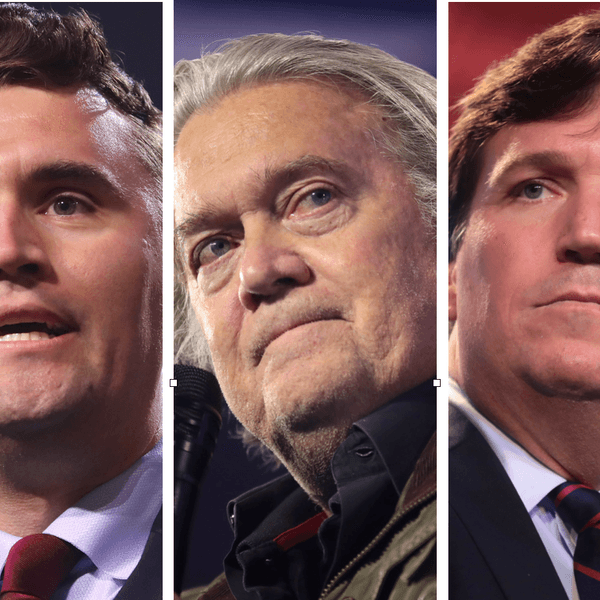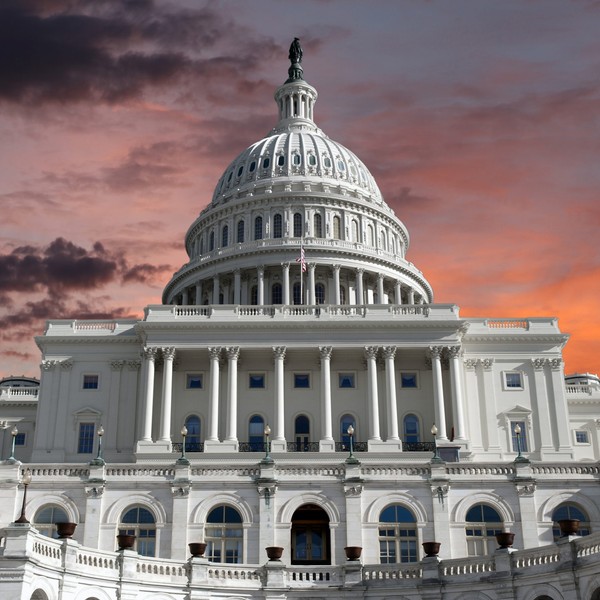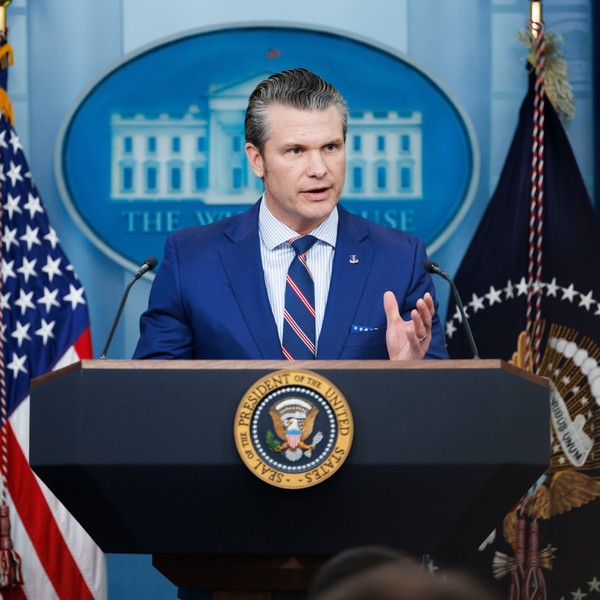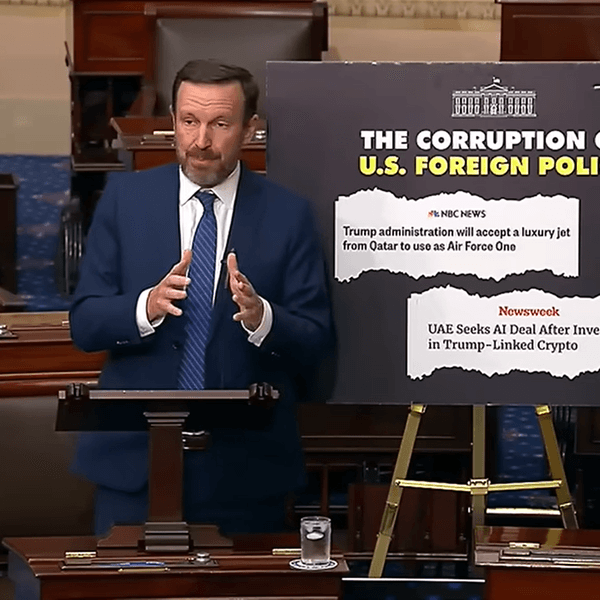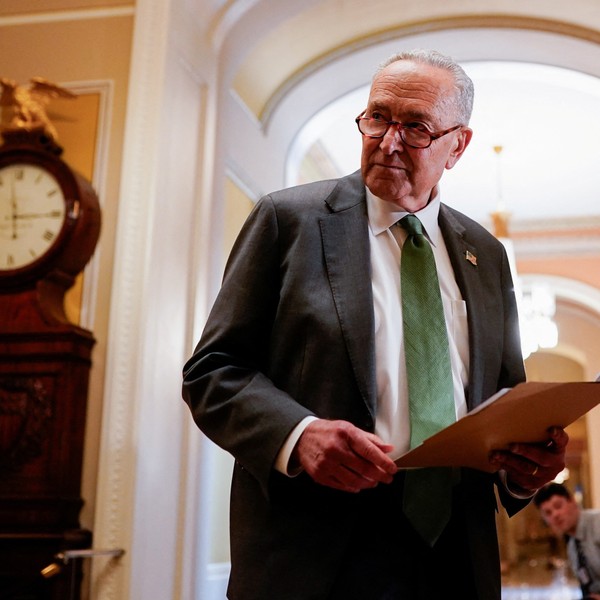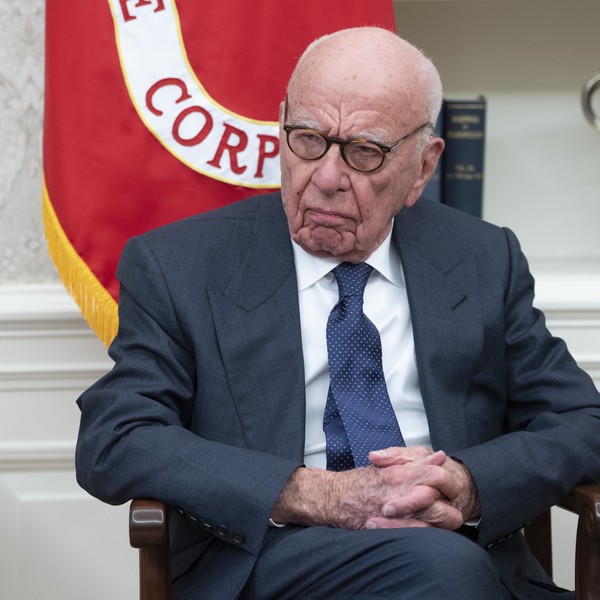At the close of the decade, American foreign policy is in disarray.
Washington is no closer to disentangling itself from endless wars than it was 10 years ago, and the U.S. appears to be stumbling into yet another war, this time with Iran. The Trump administration has withdrawn from critical international agreements and alienated its closest allies. The United States is actively abetting a humanitarian crisis in Yemen. Relations with Russia are at a post-Cold War low, and Kim Jong Un hasn’t backed away from his penchant for issuing not-so-veiled threats.
Will the next decade be any better? Unless we make some fundamental changes, prospects seem dim.
As we approach the end of the Trump administration’s tumultuous first term, a return to the status quo ante will not resolve the underlying foreign policy challenges facing the U.S. today. With a new decade comes a new opportunity to fundamentally change the way that the United States engages with the world. Rather than continuing to champion a force-first –– and often force-only –– approach, U.S. foreign policy should instead emphasize empathy and engagement, with the goal of building a more just and stable future.
No one understands this need for change better than young people, who have taken center stage in the struggle for justice in recent years.
Greta Thunberg — a 16-year-old activist from Sweden — has emerged as a central figure in the global fight against climate change, and the young activists of the Sunrise Movement have pushed the Green New Deal into the mainstream of American politics. March For Our Lives –– spearheaded by a group of teenage school shooting survivors –– has dramatically changed the conversation around gun violence and the militarization of domestic police forces in America. Black Lives Matter has worked tirelessly to end violence and systemic racism against black people. And legislatively, young policy advocates have played critical roles in passing legislation to end the war in Yemen.
These movements and others like them are successful and popular because they advocate for solutions that are commensurate to the scale of the problems.
Over the past year, a small group of us have sought to apply this approach to foreign policy. Our group, which we are calling Foreign Policy Generation, consists of twelve young policy professionals with a diverse range of personal and professional experiences. We joined forces to develop a foreign policy platform for the next generation — a platform that could be championed by the now-largest voting bloc in the United States. More than just a policy wish list, we have endeavored to develop a framework that can help guide thinking as we face new challenges in the next decade.
Central to our deliberations is the idea that foreign and domestic policy are inherently connected. As long as we fail to recognize the linkages between the challenges and injustices we face at home and those we face abroad, the solutions we put forth will fall short.
For example, as proponents of the Green New Deal understand very well, an effective response to the climate crisis cannot rely solely on building solar farms or scaling back factory farming. Incremental policies like these barely scratch the surface of the problem. Instead, we must address the climate crisis in a holistic manner that fundamentally reshapes the economy, lifts scores of people out of poverty, justly transitions workers to low-carbon jobs, and ends U.S. oil-driven imperial adventures overseas.
In addition to climate change, Foreign Policy Generation applies the same logic to every aspect of foreign policy, including, nuclear weapons, trade, immigration, and the use of force. These issues cannot be tackled in their respective silos; they are all part of the larger U.S. foreign and domestic policy ecosystem, and therefore must be considered in tandem.
It is past time to replace the outdated assumptions that underpin U.S. foreign policy and redouble efforts to ensure that U.S. actions help, rather than harm, people around the world.
As we enter a new decade, let’s embrace the opportunity to reform U.S. foreign policy. Global, structural problems require global, structural solutions.
Our group’s New Year’s Resolution? Fight hard to turn these principles into policy.



